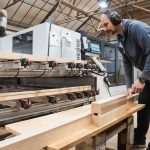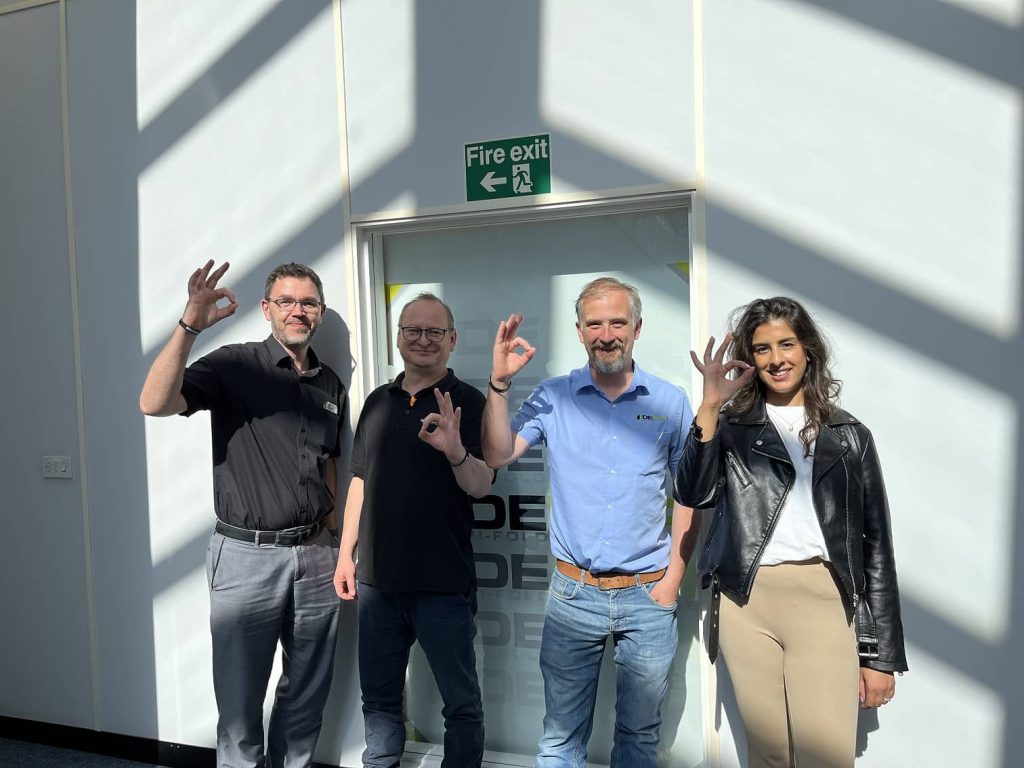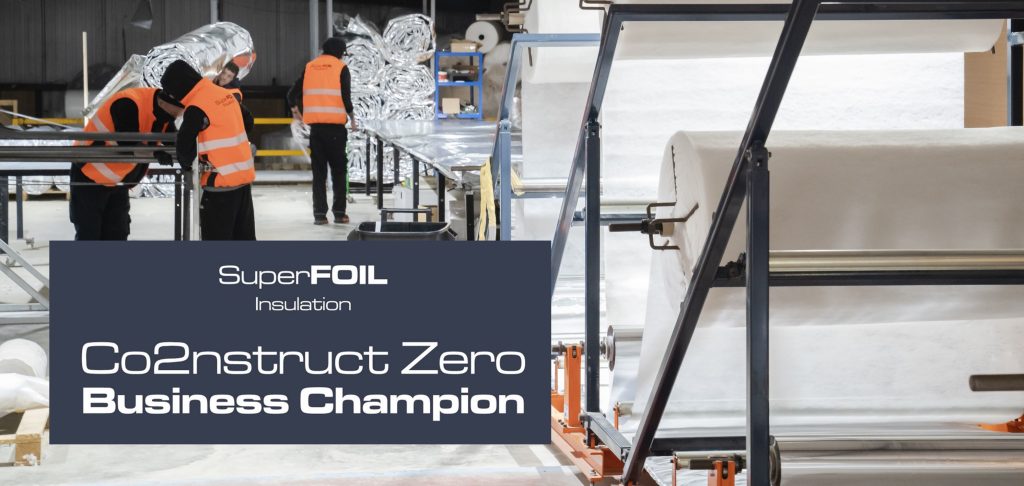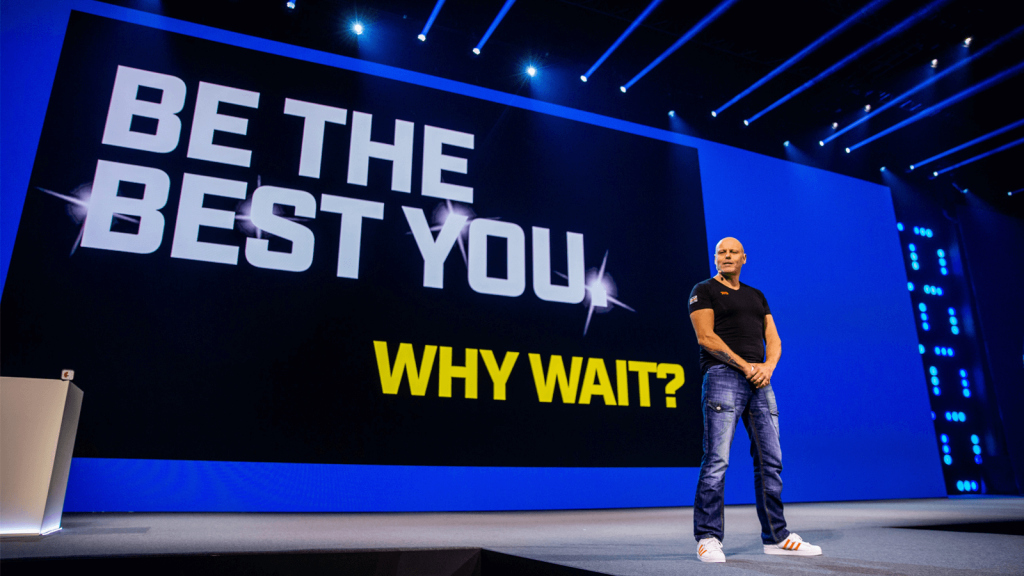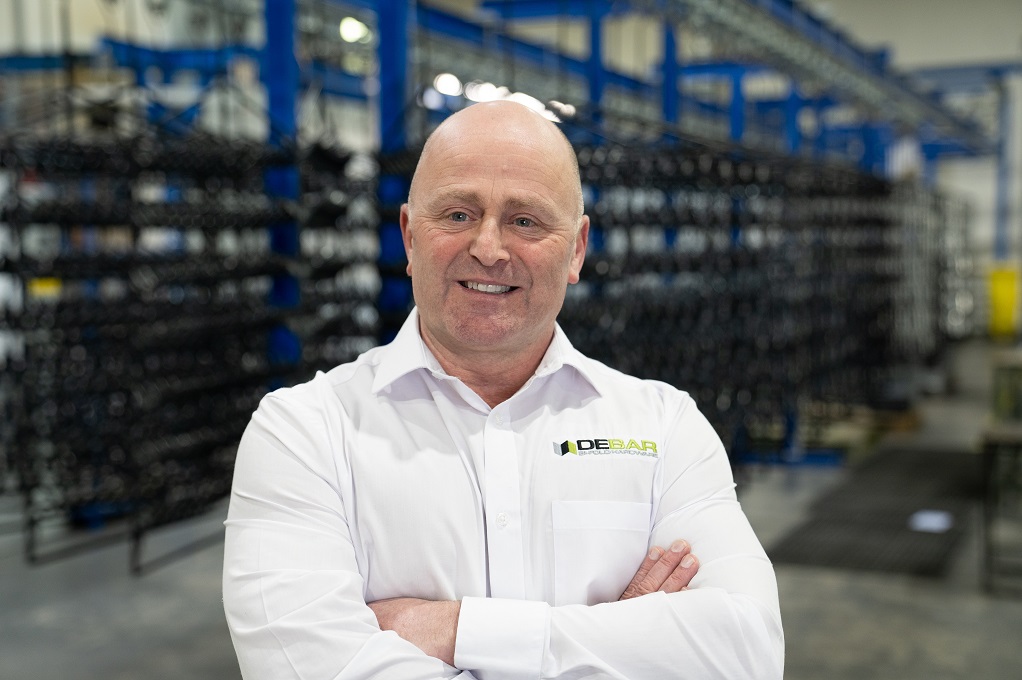A cleaner, greener future?
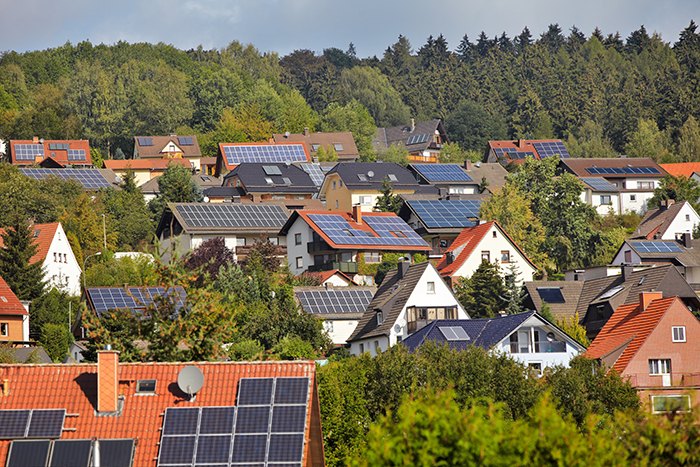

PV modules are now 10% cheaper than 10 years ago.
Energy efficiency and the environment are at the top of everyone’s agenda. While the benefits have long been recognisable, investment over the past five to 10 years has made green solutions more financially viable. When solar panel modules were first implemented, their efficiencies were at 8%. Within the past few years, this efficiency has seen an exponential increase to 22%, purely because design has improved.
The increase in demand has led to a reduction in cost. For example, PV modules are now 10% cheaper than 10 years ago. In the near future, we will see further developments, particularly in terms of module efficiency, installation and performance.
‘Payback’ has been a setback
Something which has clearly inhibited the reputation and growth of renewable energy and energy storage is referred to as ‘payback time’. People have been under the false illusion that there is more to lose than gain with renewable energy. For example, when we get a haircut or buy a kitchen, there is little focus on the return investment – we just don’t question it. With renewable energy, we are very critical of what it is and what it can achieve; even though it is directly involved with our health, the people we love and, without exaggerating, the things we need to survive. The ‘payback’ terminology has probably been one of the reasons why the industry has been held back – until now.
As renewable energy is now far more efficient and advanced than it was a decade ago and payback time has reduced drastically. Research suggests energy paybacks are now at one to four years, with life expectancies of 30 years. Such a short amount of time over a long period showcases the efficiency of these systems and how they provide long-term solutions to reducing the carbon footprint.
A further struggle has been attracting the retrofit market. Whereas new-builds contain panels to comply with specific building regulations, retrofits are often exempt from this. Considering people want to know they are making a good investment, why would they fit renewable sources on their houses if they don’t know the benefits? To get people to realise the benefits of renewable sources, they need to be made aware of the long-term value and their role in reducing carbon footprint and improving ecological health.
Essentially, our ecology influences our general economy and our nation’s health, so why aren’t the benefits of renewable energy systems expressed? We need to communicate the values to the general public, whereby we stress that energy resources are not alternative options or a drain on resources. Instead, they are the pathway to a cleaner, greener future.
Producing our own energy
The next big thing in renewable sources is energy storage. Energy storage holds significant value, and this really needs to be recognised. Energy is stored when it is less valuable and used when it is necessary; it is off-grid and the answer to fossil-free resources. Essentially, people can survive off their own energy production, which is a huge asset both ecologically and financially. And if people decide to invest in regular maintenance and servicing, the lifespan of these energy-efficient solutions will be even greater. Maintenance and servicing is a key part of the future of renewable energy as much as the systems themselves.
Not only are these solutions environmentally-friendly, with energy storage products you can sell the energy you no longer need at a set-price to other inhabitants. For instance, in light of recent software and technology, grid-share is now an option. This is a system which enables different companies and people to purchase excess energy. And as this plan is backed by the UK government, it will be rolled out nationwide in the near future. At some stage, all of our houses will be mini power stations generating our own energy.
Green cars are the future
Electric vehicles (EVs) will also be in use in the UK by 2030, particularly as the pollutants from car emissions are one of the key contributors to global warming. However, before this change is fully implemented, we need to consider how we provide these services. For instance, if every EV is plugged in from 6pm daily, this will drain the system, so to prepare for this change, we need to think about how we can amend the way energy is provided in the UK. This might be through improving the charging infrastructure, providing super-charging sites both in rural and urban areas. Either way, such infrastructure will need maximum network reinforcement to ensure the system does not buckle under the pressure.
Cleaning the air
On the note of carbon emissions, air quality is a pressing issue that we need to address to enter into a better, cleaner future. If there is any message that the building industry needs to hear, it is that air quality needs to be improved especially as the nation’s cities are heavily-polluted and a huge danger to public health. Supported by building regulations since 2006, Approved Document F stipulates the amount of fresh air required in specific rooms, offering guidance for natural and mechanical ventilation systems. Mechanical ventilation heat recovery
(MVHR) systems are a potential solution to resolve the poor air quality crisis, as these systems filter bad particles to provide better air quality. In terms of future use, however, users need to be educated on how to operate them and installers need to be informed on how to implement them correctly to maximise their potential. MVHR systems are a sure investment for the future as they will ensure the health of people living and working in highly urbanised zones is not compromised.
The introduction of renewable energy storage systems will create healthier, greener communities where people share and produce their own energy supplies. With EVs planned to be in full use by 2030, people will need their own energy sources to survive. While these concepts might seem too futuristic, they are gradually becoming part of our reality; indeed, this shift towards sharing energy might bring us closer as a nation. Tackling climate change as a collective will help us establish a green, clean future.

